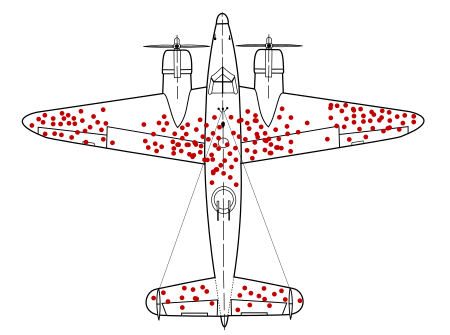You just described 13th Age as having clarity and good design (I've read it and agree), but I didn't read anything in there about evocativeness, which I also asked for.
For the record, I believe 13th Age is a well-designed game, but too narrative and gamist for my tastes.
What could I point to for that? It's cool, but it's much harder to
communicate that coolness with some specific
thing.
The setting is great, integrating some unexpected things (like Drakkenhall being a legitimately-recognized city of the Empire, or the Hellholes and their complex relationship with the Crusader and the Diabolist), and enabling much more interesting active politics (e.g. competitions between the High Druid, the Archmage, and the Diabolist, where nobody is necessarily "in the right") rather than the rather passive and static interactions usually filled by gods or nations, while still
supporting the older ways if you really like (since the gods of light and gods of dark
exist but aren't particularly specified). Though a lot of people find them weird, the Icon Relationship rolls are actually a really cool method of injecting unexpected story stuff.
I think One Unique Things and its approach to Backgrounds are some of the best, most
flavorful and, yes,
evocative approaches to character creation and skills, both of which tend to be both dry and really anti-evocative. OUTs are delightful, they can span the spectrum from "just a quirk" to "character- or even campaign-defining element," while having essentially no rules (other than "it doesn't give you combat power.") Its Backgrounds are simultaneously very clear and straightforward, and really good at making characters come to life, as their personal, lived experience
matters for what they bring to the group.
Even some of the outright mechanical stuff is super flavorful. The Monk, for example, and its whole "opener/flow/finisher" thing is great, feeling simultaneously flexible and technical.
Is that good enough? Have I cleared your arbitrary and unstated threshold for "evocativeness"?











